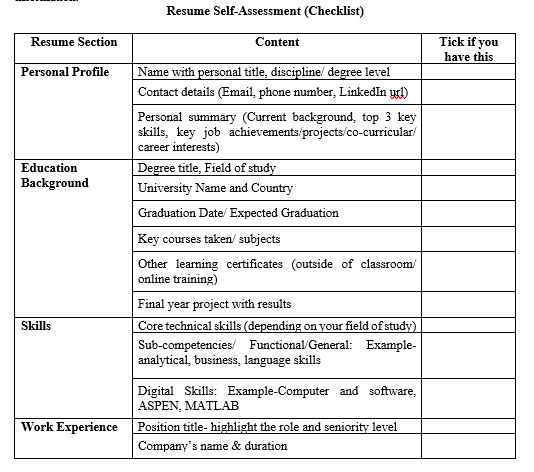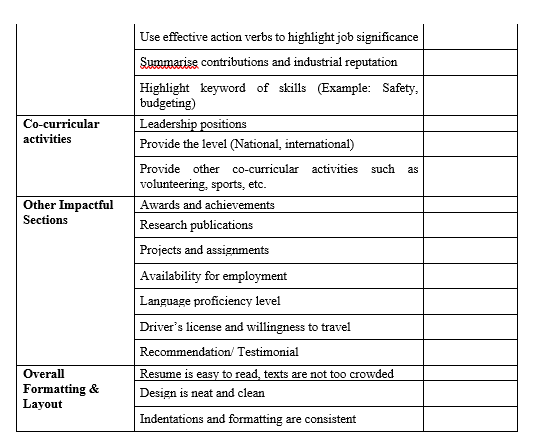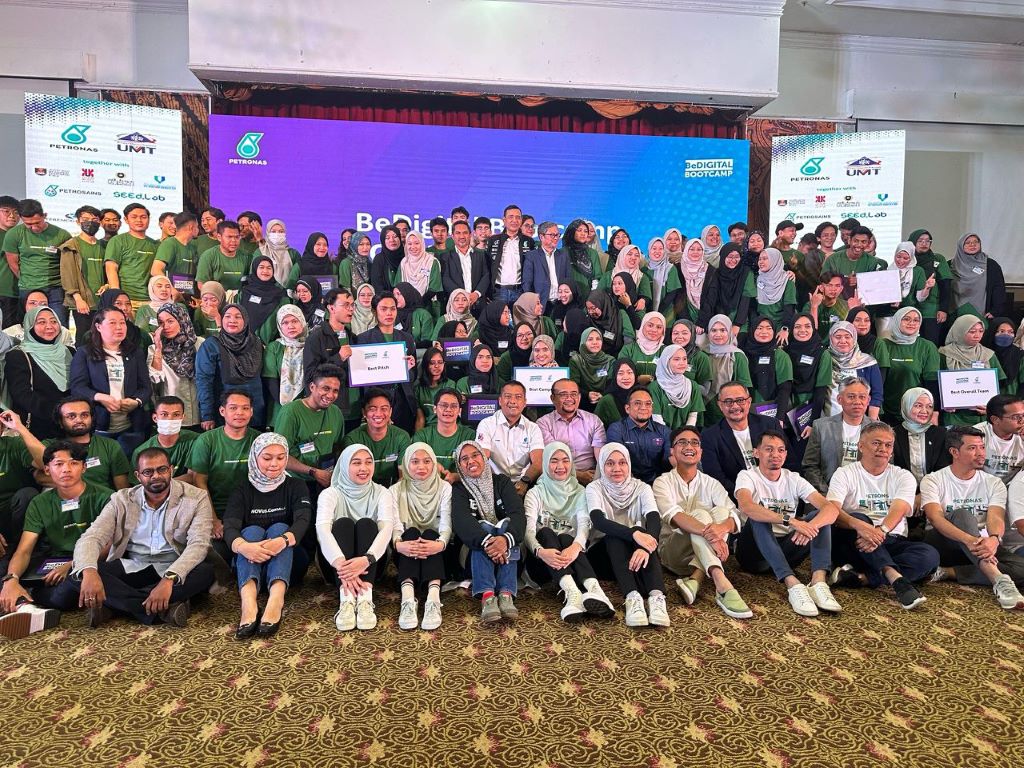Worry about your next job interview? Here’s what hiring managers have to say
A job interview is often perceived as a nerve-inducing social situation in which anyone wants to excel. With that, there has been a shift in tertiary education's English curriculum and syllabus in the past few years to accommodate this social situation.
So, instead of the orthodox teaching of grammar, grammar, and more grammar, English is now focused on job applications and communicating well in workplace settings. That is what our UHL2432, English for Professional Communication, is all about. In this course, three modules are covered: Job application, mock job interview, and meeting skills. Apart from being English linguists, naturally focusing on the language part of the modules, we are also dedicated to keeping ourselves updated with the latest trends and practices, ensuring that our teaching remains relevant and beneficial for our students. So, in an attempt to acquire more information on job applications and mock job interviews, three language instructors, Farah Liyana, Alia Najaa, and Wan Noor Farah are on a quest to learn more from the industry.
The Petronas BeDigital Bootcamp is a two-week long programme aimed at supporting human capital development while strengthening digital literacy among local graduates as an effort to increase graduates' employability. The sixth (6th) cohort was organised at Universiti Malaysia Terengganu (UMT) from 23 February to 6 March 2024.
Around 100 participants from several universities in the East Coast were selected from over 500 applicants to join the programme. From the 100 participants, 26 of them are UMPSA students. The bootcamp covers modules that would greatly elevate students’ employability such as conducting mock job interviews, improving resume, applying design thinking, and integrating AI in the workplace. From the modules attended during the boot camp, here are some key takeaways.
1. Hiring managers do stalk you!
The first takeaway is to utilise LinkedIn. Especially for younger generations, social media is not an aberrant concept. In fact, they should take advantage of this and use it to promote themselves, professionally! The idea is not just to create a LinkedIn profile and expect hiring managers to miraculously find you. Be active by posting things that you’re passionate about. Try engaging with experts and prominent names in your industry.
Another interesting point about online presence is that hiring managers sometimes stalk you because they need more information about you. Or they might want to see whether the information that you put in your resume tallies to what you post online. So, the next time you want to post something online, you might want to think twice. Who knows that might cost you a lifetime job opportunity.
2. Fresh graduates, focus on your education and skills.
Let’s admit it. The biggest dilemma for a fresh graduate is needing the experience to get a job but needing a job to get experience. Fret not people. Instead of worrying about your work experience, sell your education and skills. In your resume, highlight the key courses you have taken at the university, your CGPA, and don't forget to put these sections on top of your resume.
3. It’s not all about being fluent; content matters.
One of the biggest misconceptions about interviews is that people think fluency is everything. So, we asked the hiring managers if they think response time is crucial. Apparently, they listen very carefully to the content of your answers. Try using the STAR method.

The STAR method is a technique that helps candidates to handle behavioral interview questions in a structured and compelling way. It helps you prove that you have the skills required for the role by telling the interviewer about your experience and putting the skills into practice. Questions that begin with “Tell me about a time when…” or “Give me an example of a time when…” are called behavioural questions, and in this case, applying STAR is best. Start by recalling a particular situation that you were in, followed by highlighting the issues faced, then describe the actions you took to overcome those hurdles, and finally explain how it has impacted you and your organisation. These structured answers are affirmed to impress your interviewers and ultimately help you nail the interview.
4. “Tell me about yourself”
Instructors often tell you that this will be the quintessential opening question in job interviews, and they are right. It’s a deceptively simple question, but as the saying goes, first impressions are lasting impressions. Many of you who have been reading up and drafting that perfect one-or two-minute pitch must remember this: They are asking this question to really get to know you, to gain insight into the type of person you are and your core values. Hence, avoid a rehearsed and impersonal response. Personalise your answer by adding anecdotes into your structured bullet points of skills and experiences that highlight your unique qualities.
“I have always worked hard to achieve my dreams. Growing up in a low-income family, I had to plan my life so that I would have enough money to put me through university, and at the same time, be able to help my parents with my younger brothers. I worked as a restaurant crew throughout most of my teenage and early adult years, and I’m grateful as it has instilled in me organisational and management skills, hard work, and discipline.”
By infusing your answer with personal insights, you not only make a stronger connection with your interviewers but also demonstrate your authenticity and suitability for the role. So, dig deep, and pull out something meaningful; they are paying attention.
5. Use this checklist before submitting your resume


P/S: Do not worry about not having all of the above information. This checklist should be used as a reference to help you to prepare your resume. If you do not have all, there’s always time and opportunity for improvement. Maybe you should take this opportunity to challenge yourself to achieve these things.
6. Wow them with your visume
Apart from the conventional resume, recruiters also expect candidates to submit their video resumes, or visume for short. A video resume is a short video where candidates introduce themselves to the recruiters. While preparing your visume, it is important to understand the company’s requirements and align them with your personal strengths. Bear in mind that they are looking for authenticity rather than cliches, in under just three (3) minutes. Based on a sample visume that was shown to the participants, the hiring managers could not emphasize more about the importance of proficiency in the language, on top of clarity and seamlessness of delivery. It was also evident that a seemingly simple opening line is also one of the factors that could make it or break it.

The experience was, all things considered, enlightening, and rewarding. The insights gained from industry professionals at the Petronas BeDigital Bootcamp provided valuable lessons that go beyond the traditional classroom setting. With a focus on practical skills like holding mock interviews and refining resumes, as well as integrating AI and design thinking into the workplace, the participants now have the tools they need to improve their employability in today’s highly competitive job market. And now, we are sharing what we know with the rest of you so that you too can improve your job search skills. Let's embark on the journey to enhance UMPSA students' employability and career readiness together!



Writers are Language Teachers at Centre for Modern Languages, Universiti Malaysia Pahang Al-Sultan Abdullah (UMPSA).
This is the personal opinion of the writer or publication and does not necessarily represent the views of UMPSA.
By: Wan Noor Farah Wan Shamsuddin, Farah Liyana Ahmad A'azmey and Alia Najaa Md Nor
- 187 views










